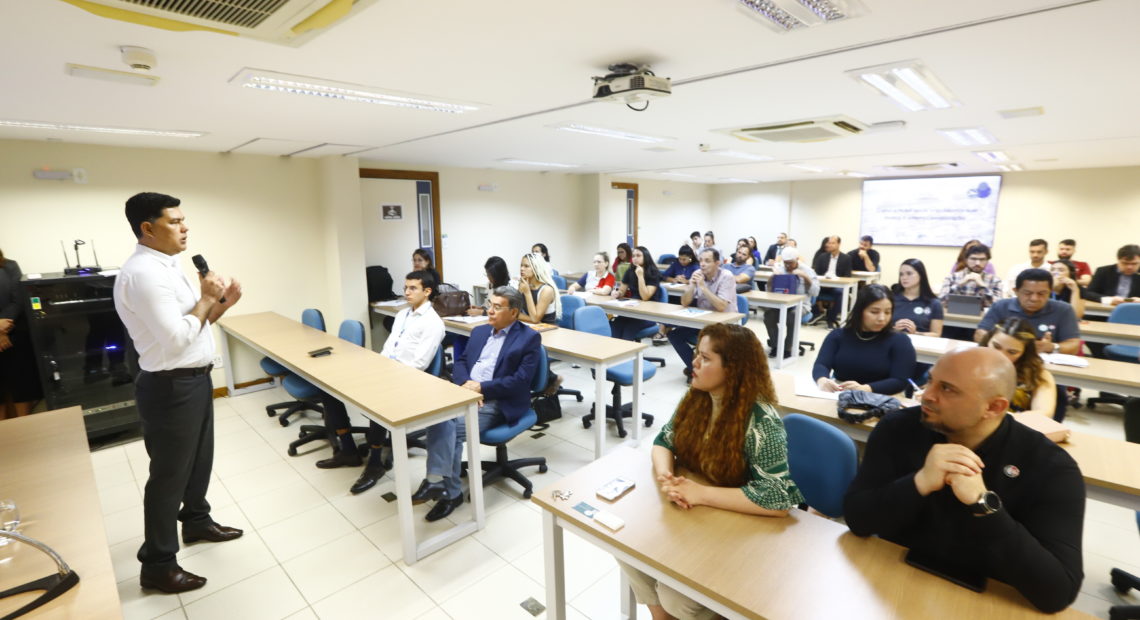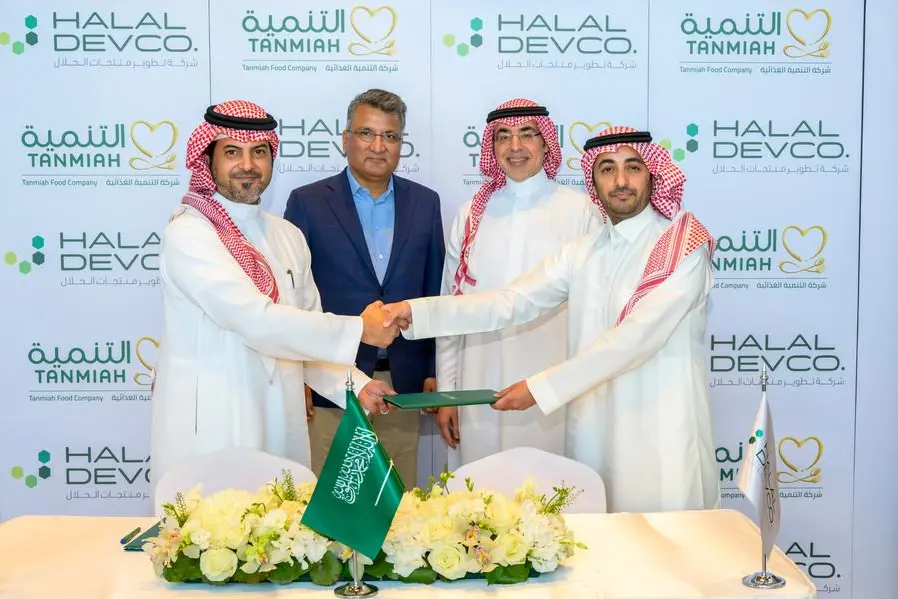ANBA.com.br
The halal food company Al Islami intends to open an office in São Paulo soon and is considering having a facility for processing poultry in the country.
São Paulo – Al Islami, a food company based in Dubai, the United Arab Emirates, plans on opening an office in São Paulo soon and is considering opening a poultry processing plant in Brazil in the future. The company specializes in halal products, which are prepared in accordance with Islamic tradition, and has a long-standing history of doing business with Brazilian suppliers.

Al Islami executives visited the Arab Brazilian Chamber of Commerce offices last Friday (4th), including deputy CEO Hamid Badawi and manager for Brazil Waldemiro Michels Junior. They told ANBA about their plans for the country.
By the opening the office, the company intends to “secure a foothold in the country” in order to “consolidarte their relationship with suppliers” and with Brazil in general, as well as increase their imports to cater to the UAE and other Gulf countries. Al Islami imports all its poultry from Brazil.
Later on, the company is pondering whether to open a poultry processing plant. The executives made it clear that they are not interested in farms or slaughtering facilities – since that would mean competing with their own suppliers –, but a plant capable of “adding value” to the “raw material.”
Al Islami, whose trading name is Dubai Co-operative Society, owns two plants in the UAE and is planning another one in Saudi Arabia. An eventual plant in Brazil would come as part of a strategy to cater to demand for halal food products outside the Gulf, including, for instance, the Muslim community in Europe.

From a logistical standpoint, it makes more sense for the company to buy and process the poultry in Brazil before shipping it to Europe than importing it from Brazil, processing it in the UAE and then shipping the end product to the European continent.
Al Islami is fairly well known in the UAE, but according to its executives, it is considered to be a minor player at the global level. The company wants to grow, but sustainably, while retaining its status as a “premium” halal brand. In other words, they are concerned with maintaining the quality of the goods it imports and processes.
The executives acknowledged the support of the Brazilian diplomatic offices to the UAE, particularly from ambassador Paulo César Meira de Vasconcellos, and stressed the UAE’s economic potential, ensured by policies implemented by president Khalifa Bin Zayed Al Nahyan and vice president and prime minister Mohammed Bin Rashid Al Maktoum.



